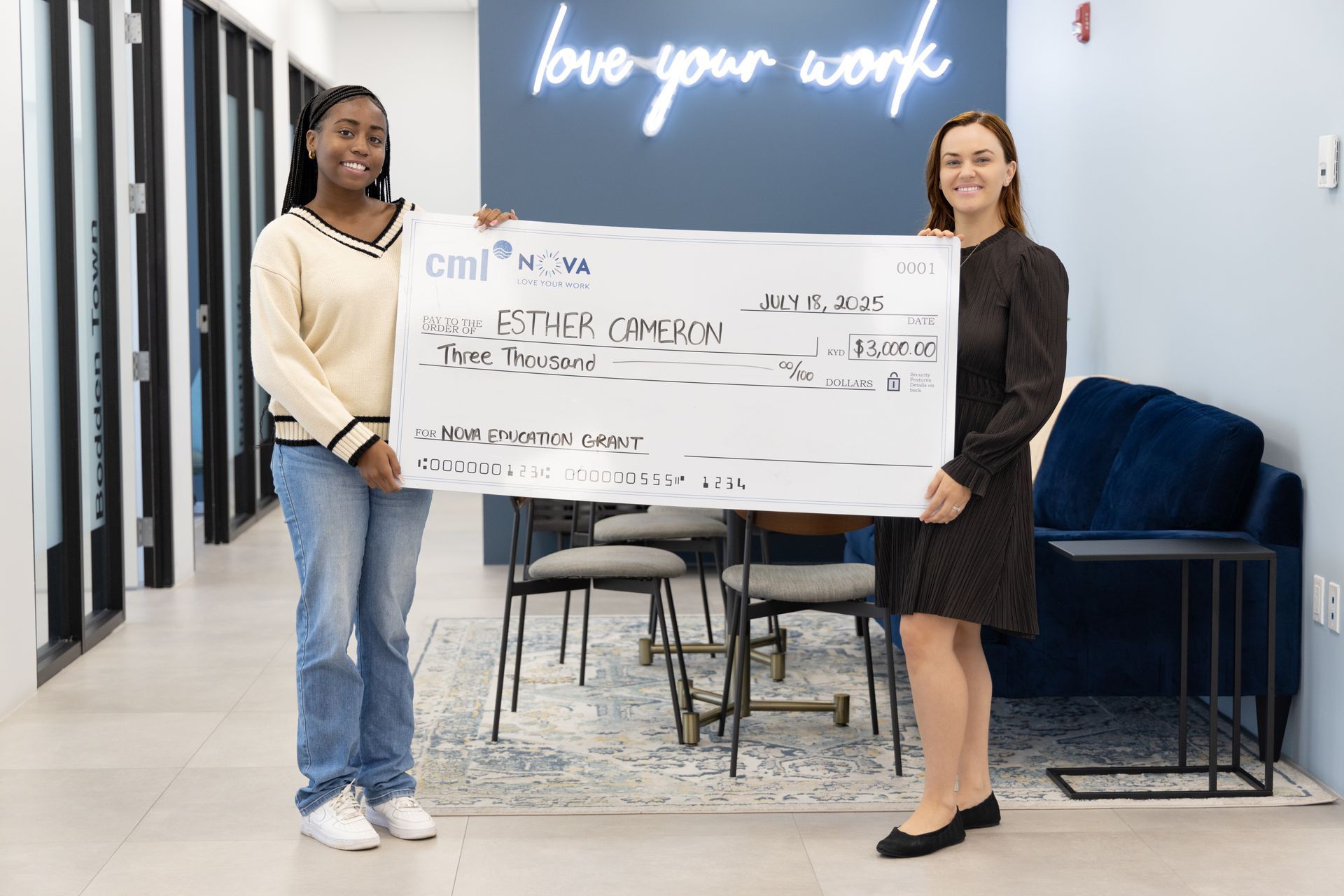Did you know that if you have applied/submitted your CV to a company within the last six months, that means an agency may not be able to represent you to that same company?
Job seeking is tough at the best of times and even more challenging when you don’t know where to begin. If you are happy to approach the market directly without assistance and do not foresee a need to ever go through an agency, that is commendable. It also means you can stop reading now. If, however, you are a job seeker keen to let a professional agency do all the hard work for you, then this information will be beneficial to know as you commence your job search.
When working with candidates day in and day out to help them achieve their career goals, we have realized that many candidates are unaware that making direct applications to companies before engaging with a recruitment agency is information that your recruiter needs to know. Many do not realize this means that we, as an agency, cannot represent them to that particular client as they are now considered a “direct applicant” for a certain period of time.
How Does a Recruitment Agency Work?
It’s crucial to understand recruiters primarily work on behalf of an employer (our clients), meaning that they gather the job description and specifications, the brief from the hiring manager, and then search for the ‘perfect fit’ candidates. Recruitment companies are private businesses that invoice the employer for their services, hence the urgent need to get the recruitment process and the candidates ‘right’ every time!
Why Does A Recruiter Need to Know Where You Have Applied Before?
One thing that is important to know and understand when working with a recruiter is that if you have applied directly to a company, a recruiter will not be able to represent you to that client, even if it is for a completely different role.
The reason for this is that most recruitment agencies have terms of business that are agreed upon with clients that outline that should an individual apply directly to the client, for a certain agreed-upon period of time, an agency would not be able to submit that same candidate and be able to invoice the client for introducing them and placing them in a role. From a business sense, this makes sense for our clients: why would they pay a recruitment agency for the information they already have?
If You Can Apply Directly, Why Use a Recruitment Agency in the First Place?
By no means are we saying it’s the end of the world if a candidate does apply directly; however, there are plenty of benefits of going through a recruiter vs. directly. Below are some examples of what you might miss out on when applying direct:
- Ensuring the presentation of a candidate’s CV is of the highest professional standard and includes all relevant information to highlight for the particular vacancy
- Following up on applications on behalf of a candidate – you want to make sure your CV has been received and reviewed by the hiring manager and not left on some pile or database
- Comprehensive interview preparation if selected by a hiring manager – the recruiter has the industry knowledge and appropriate tools to support/guide candidates through each interview stage as well as further insight into what a client is looking for in a hire
- Unable to negotiable offers/contracts on their behalf – candidates don’t always feel comfortable to negotiate salary nor do they question benefits/bonuses etc. whereas that is the role of the recruiter as the candidate’s representative
- The recruiter is incentivized to delicately manage requirements on both sides to ensure all parties are happy with the final arrangement
Advice For Candidates
Whether you are working with an agency or representing yourself, here are some best practice tips when sharing your CV with employers and agencies alike:
- Make sure you record precisely who has your CV – whether you applied directly on a company website, via LinkedIn, or through a friend of a friend of a friend…a simple Excel spreadsheet noting the company and date of application will come in handy when all those calls come flooding in, and you cannot remember who/what/where/why a company could be calling three months after receiving an application (it happens!)
- F for follow up – it is perfectly acceptable to follow up on your application if you haven’t heard from a company representative within the expected timeframe. There could be various reasons for the delay (i.e., hiring manager or decision-makers overseas); whatever the reason, there is no harm in sending a professional follow-up to demonstrate your motivation, enthusiasm, and availability for the role.
For full details on how to work effectively with a recruiter, check out our comprehensive blog here !






